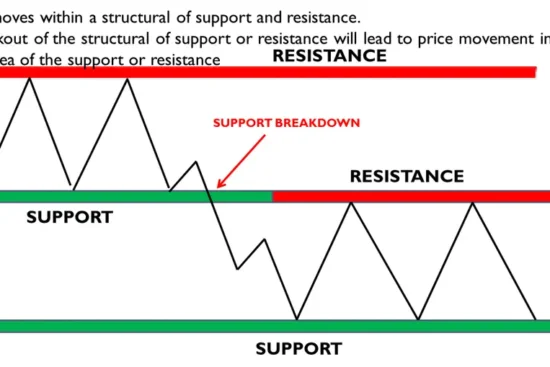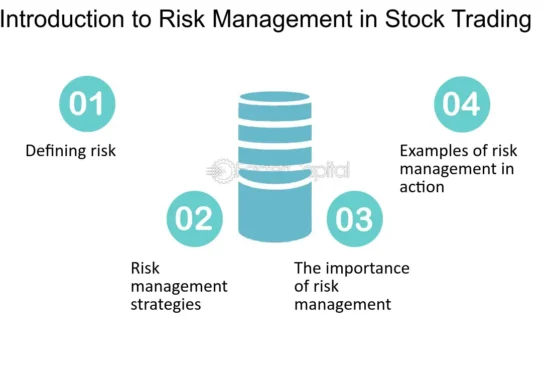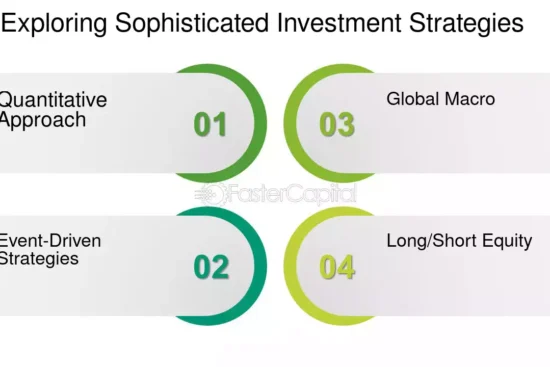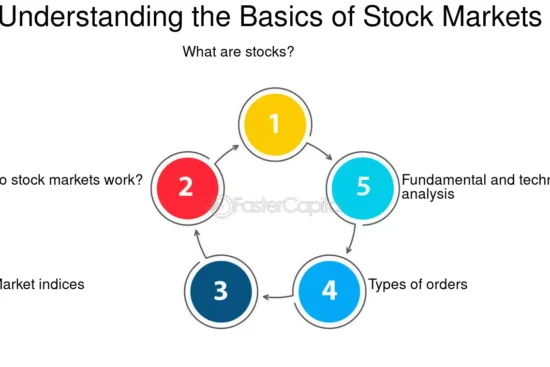Best Online Stock Brokers for August 2024
Choosing the right online stock broker is crucial for effective stock trading and investment management. Learn about the top online stock brokers, their features, fees, and services. Compare brokers based on trading platforms, customer support, and additional tools they offer. Select a broker that meets your needs and supports your investment goals.
Explore the best online stock brokers, their features, and how to choose the right one for your trading and investment needs.
Frequently Asked Questions
When selecting an online stock broker, consider the following factors:
- Fees and Commissions: Look for brokers with low trading fees and no hidden charges. Some brokers offer commission-free trades.
- Trading Platform: Choose a broker with a user-friendly platform and advanced trading tools that suit your trading style.
- Research and Education: Opt for brokers that provide extensive research reports, educational resources, and market analysis.
- Customer Service: Good customer support can be crucial, especially if you encounter issues or have questions.
- Account Types and Features: Check for the availability of different account types (e.g., retirement accounts) and features like margin trading or automated investing.
For beginners, the following brokers are often recommended due to their ease of use, educational resources, and low fees:
- Robinhood: Known for its user-friendly interface and zero-commission trades. It is ideal for new investors who want a straightforward experience.
- Fidelity offers a wide range of educational resources, research tools, and low-cost trades. It is great for beginners who want comprehensive support.
- Charles Schwab provides a robust trading platform, educational resources, and low fees. It is ideal for new investors seeking a full-service brokerage.
Advanced traders might prefer brokers with sophisticated trading tools, low fees, and high-speed execution:
- TD Ameritrade: Offers advanced trading platforms like thinkorswim, extensive research, and competitive pricing.
- E*TRADE: Known for its powerful trading platforms, advanced charting tools, and low commissions on trades.
- Interactive Brokers: Provides a comprehensive range of trading tools and low-cost trades that are suitable for professional traders and investors.
Fees vary by broker and can include:
- Commission Fees: Charges for buying or selling stocks. Many brokers now offer commission-free trades.
- Account Maintenance Fees: Some brokers charge fees for maintaining an account, although many have eliminated these fees.
- Margin Fees: Interest rates charged on borrowed funds used for trading on margin.
- Inactivity Fees: Fees are imposed if you do not make a certain number of trades or maintain a minimum account balance.
To choose the best stock broker for your needs, evaluate your trading style, investment goals, and budget. Consider factors such as:
- Your Experience Level: Beginners might prioritise ease of use and educational resources, while experienced traders may focus on advanced tools.
- Your Investment Goals: Determine if you need a broker with retirement account options, margin trading, or specific investment products.
- Cost: Compare fees and commissions to ensure you’re getting good value for the services provided.
Key Terms
Trading that does not incur a commission fee per trade. Many brokers now offer commission-free trades on stocks, ETFs, and options.
A software application provided by a broker that allows investors to execute trades, analyse market data, and manage their investments.
A trading method where investors borrow money from the broker to trade more significant amounts than their account balance would otherwise allow.
Analytical documents and data provided by brokers offer insights into stock performance, market trends, and investment opportunities.
Tools and materials provided by brokers to help investors learn about investing, trading strategies, and financial markets.
Different types of brokerage accounts, such as individual accounts, joint accounts, retirement accounts (IRAs), and custodial accounts, each with its own features and benefits.
The service provided by brokers to assist clients with inquiries, issues, and account management.
Related Post
-
David Harper
- 16 Aug 2024
Mastering Stock Market Dynamics: How Prices Move and Why
With its ever-fluctuating numbers and cryptic jargon, the stock market can seem like a complex and intimidating realm. Yet, beneath…
-
David Harper
- 16 Aug 2024
Introduction to Stock Investing Building Wealth and Managing Risks
The world of finance can seem like a complex labyrinth filled with jargon and intimidating charts. Stock quotes flicker across…
-
David Harper
- 16 Aug 2024
Exploring Options: Leveraging Strategies for Advanced Investors
The investment landscape offers diverse opportunities, catering to investors of all experience levels. While a solid foundation in core principles…
-
David Harper
- 16 Aug 2024
Navigating Market Volatility: Strategies for Stability
With its relentless ticker tape spewing numbers and jargon, the stock market can feel like a complex machine hurtling through…
-
David Harper
- 16 Aug 2024
Demystifying Bonds and Commodities: Alternative Investment Avenues
The stock market might dominate the financial headlines, but a successful investor knows the importance of venturing beyond the familiar.…
-
David Harper
- 16 Aug 2024
Understanding Stocks: Basics, Analysis, and Portfolio Strategies
Imagine yourself strolling through a bustling marketplace, but instead of fruits and vegetables, the stalls overflow with tiny pieces of…






